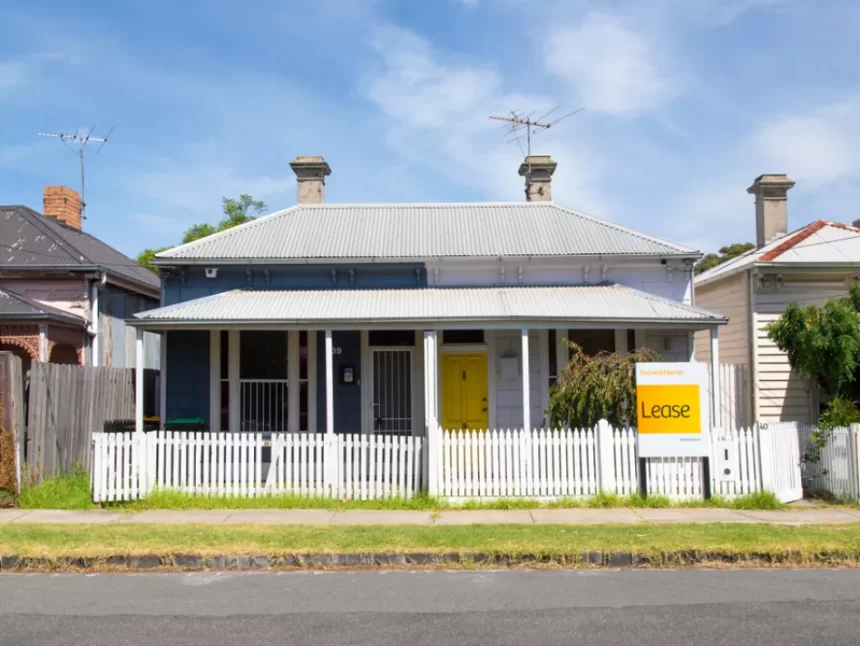A leading law firm reveals how you can protect your rental rights after a spike in public liability claims across the country.
Lawyers from Slater and Gordan have reported an increase in the number of claims made by tenants against their landlords for failing to arrange urgent repairs or fix dangerous living conditions at rental properties.
Practice Group Leader in public liability law, Jackson Pannam, said a major issue is most renters aren’t fully aware of their rights or the loopholes agents and landlords will go through to get out of paying for repairs.
According to Mr Pannam, the best thing renters going to battle with their landlords can do is keep all reports of their dangerous living conditions in writing – and keep plenty of records.
“We often get contacted by people who were injured at their rental property, who rang their agent and reported the issue before they were hurt,” he said.
“Because the report is not in writing, ultimately, the agent denies that it was ever reported, and it becomes a factual dispute, making obtaining compensation for your injury more difficult.
“Getting it in writing is the first step in making exercising your rights easier if the rental provider does not arrange repairs, and make sure to include photos and videos as well.”
Mr Pannam also advised renters to find their state or territories ‘notice of bread of duty to rental provider’ form to speed up the claim process.
“It’s not a guarantee, but if you send the form at the time you are reporting the repairs, it can help get them done sooner,” he said.
“Even though non-urgent repairs must be completed within 14 days, we know these emails can go ignored and cheapskate landlords are reluctant to pay.
“That’s why using the official forms also helps to make sure you include all important details and can also be useful later if nothing is done and you need to take further action, such as pursuing compensation.”
A costly and complicated system
In some cases, renters may have to force their landlord into making repairs and take them to their state and territories civil and administrative tribunal – but the process can be long and costly.
While these tribunals are a no-legal cost jurisdiction, renters cannot claim any incurred legal bills from rental agencies.
“Typically, decisions take at least a month or two before they get a hearing, and maybe a few more months before the tribunal hands down its decision,” said Mr Pannam.
“If you do decide to take your claim to your state or territories tribunal, I would recommend obtaining evidence to support your claim from a building expert. Of course, this is an added cost, in addition to having to take time off work to prepare for the hearing.”
Pannam also encouraged renters to document everything in “extreme detail” to avoid dodgy landlords holding their bond hostage.
“It can be annoying, but documenting everything in extreme detail when you move in and providing continuing reports is another great way to help protect your rights from rental agencies, who may try to take advantage when you move out,” said Mr Pannam.
“When you take these photos and videos, send them straight away with your landlord or real estate agent so there can be no doubt about when they were taken.
“That applies to when you move out as well. Send them straight away just in case something happens between you leaving and the final inspection.”
However, with landlords able to refuse lease extensions, renters are understandably scared to “tick off” their rental provider and report any wrongdoing for fear of being left homeless.
“Renters are being terrified into not exercising their rights and coming up against unreasonable behaviour, and it’s leading to an increase in avoidable injuries,” said Mr Pannam.
“Something must be done to address the palpable power imbalance at play here.”
What to include in your request for repairs
- What needs to be fixed, and what the safety risk is.
- When you reported the problem, or when you attempted to report it, if you could not get in touch with your rental provider or agent.
- What the rental provider said they would do.
- If the repairs need to be done straight away or within 14 days for non-urgent repairs.







